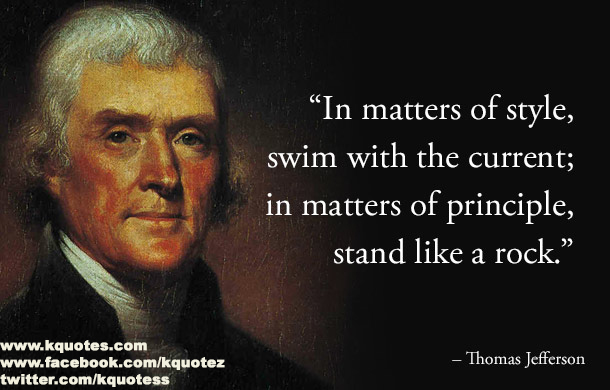Of Primaries and Prime Ministers
I have read or heard a number of comments from various people this weekend about how local parties pick parliamentary candidates and how national political parties pick their leaders. The person who goes furthest out on a limb against the moves which have been made to widen the franchise, and have been seen up to now as extending democracy, is David Herdson in an article on Mike Smithson's excellent "Political Betting" blog, " Time to put UK primaries to bed ." David goes a lot further than I or many others would, and his article includes a number of significant hostages to fortune but he makes some important points such as "Allowing anyone to participate in something which they’re likely to want to sabotage is obviously foolhardy and even Labour, in opening its leadership contest to self-defined ‘ supporters ’, does at least reserve the right to deny the vote to those it believes don’t support its objectives." "We don’t know of course how












